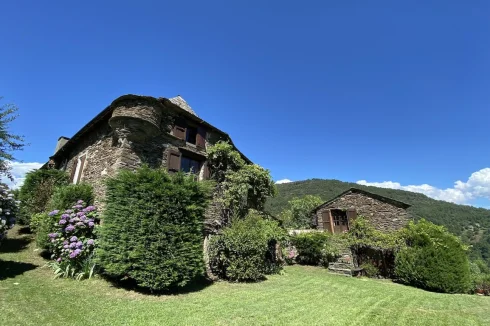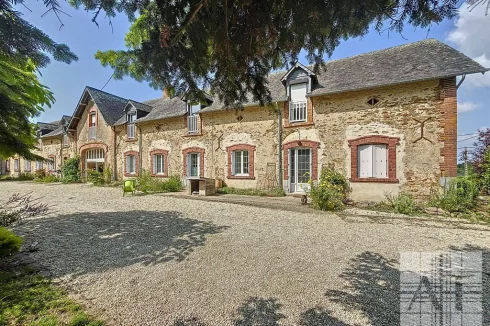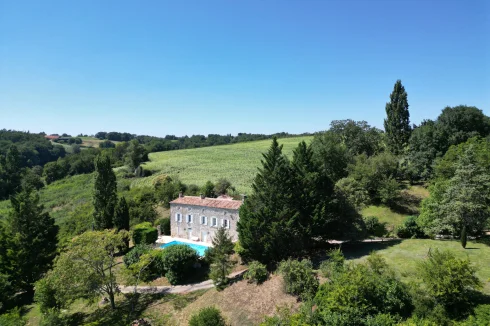Debts and the Division of Property
Thursday 09 July 2020
The division of ownership of property between lifetime use and bare ownership is an obstacle to the seizure of property, a French court has ruled.
The division of ownership of real estate between a usufructuary (life user) and bare owner (nue-propriétaire) is a mechanism that is frequently used in France for inheritance planning purposes.
Under such an arrangement, the holder of a usufruct can continue to occupy or rent out the property until their death, following which the different rights to the property are united and the nue-propriétaire obtains the full freehold.
That permits, for example, a lowering of the value of the property that is gifted or subsequently inherited. For example, when the life user is 71 to 80 years of age at the time of making the gift, the value of a usufruct is 30% of the full freehold value of the property. That means the value of the taxable nue-propriété is only 70% of the full freehold value of the property.
With large estates, it also makes it possible to avoid the wealth tax (l'impôt sur la fortune immobilière - IFI)), as the law provides that the value of a dismembered property does not form part the bare owner's taxable base.
Some care in needed in this approach, to ensure it is not considered to be an ‘abuse of right’ under tax law, but the practice is common and accepted by the government.
Although, last year, the government tightened the law on what constitutes such an abuse, they have also stated that: ".....the new definition of abuse of rights does not call into question early transfers of assets, in particular those for which the donor reserves the usufruct of the property transferred, provided of course that the transfers concerned are not fictitious (...) Indeed, the tax law itself encourages early transfers of assets between generations because they make it possible to prepare successions........... because they are a means of facilitating inter-generational solidarity."
In a recent case heard in the Cour de Cassation, the judges rules that a creditor cannot obtain the sale of a the whole of the property if his debtor is only the usufructuary or bare owner and therefore does not have full ownership.
The issue arose in the case of property that had belonged to a father and which, after his death, was owned by his widow as usufructuary and by his children who held bare ownership. One of the children had an outstanding debt.
In order to recover the debt the creditor wanted the property to be sold, arguing that everyone would obtain their property again, in proportion to the amount produced by the sale.
According to the court, although the child debtor may terminate his ownership of the nue-propriété with his siblings (since no one is required to remain an owner), they may not terminate the dismemberment between usufruct and bare ownership if his mother does not agree.
Since the creditor did not have any more rights, they could stop the dismemberment and sell the whole property. In order to do so the creditor would have to obtain the agreement of the usufructuary.
Since the creditor could not sell the full ownership, their only recourse was to sell the bare ownership only, which would not result in the same financial result.
Thank you for showing an interest in our News section.
Our News section is no longer being published although our catalogue of articles remains in place.
If you found our News useful, please have a look at France Insider, our subscription based News service with in-depth analysis, or our authoritative Guides to France.
If you require advice and assistance with the purchase of French property and moving to France, then take a look at the France Insider Property Clinic.





